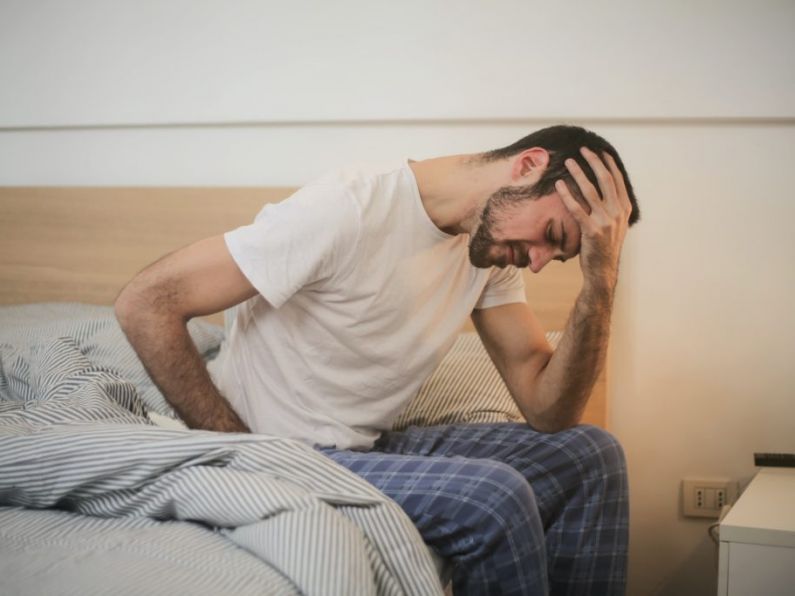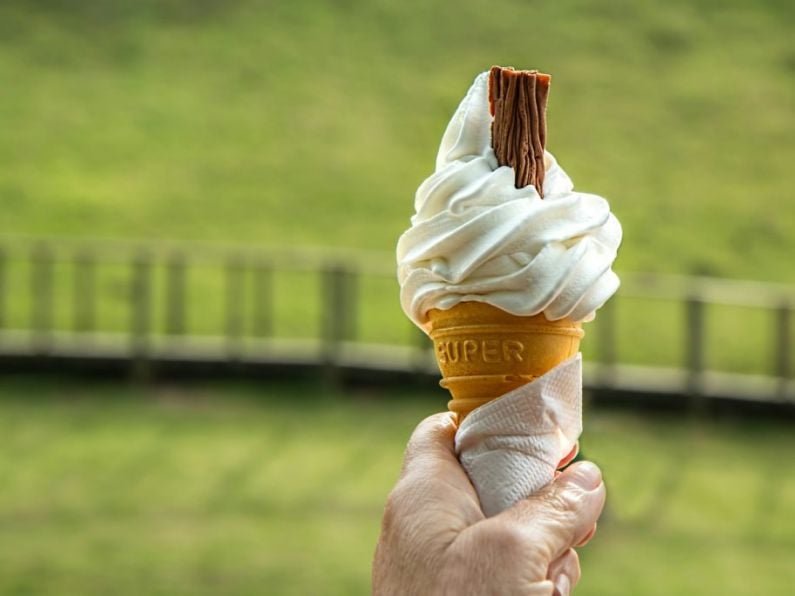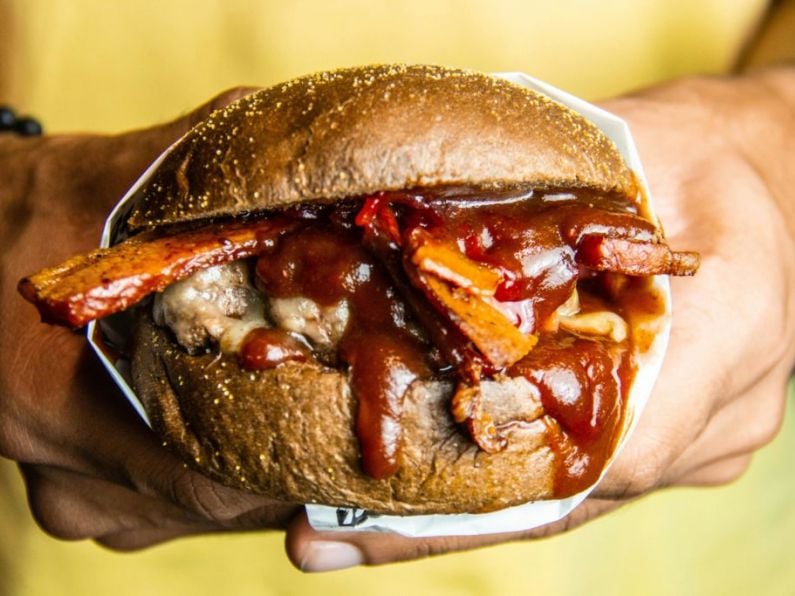We've all gone a little too hard on the sauce only to suffer the following day...
And boy, is it a hefty price to pay. From crippling headaches to muscular aches, tiredness and at worse, vomiting - we swear to ourselves that we'll never drink again only to head out on the town the following weekend.
Now scientists firmly believe they've cracked the perfect hangover cure...
Granted, the only way of truly avoiding a hangover is not to drink at all, but this new hangover cure method could be one way of limiting your discomfort the next morning.
So, what's in it?
Moving away from the traditional hangover cures of a hot coffee, a hearty fry or even the cure, scientists say the perfect way to rid yourself of a hangover is a cold drink consisting of coconut water, lime and pear paired with a meal of cheese, tomatoes and cucumber.
The research was conducted by a team at the Institute of Chemical Technology in Mumbai, India.
We're not alone in thinking these food items are the last ones we'd want to try with a upset stomach, but hey, if it works who's complaining?
Unlike many hangover 'cures' scientists recommend taking this drink and food combination the following morning and not before or during drinking.
Hangovers Get Easier as we Grow Older
The news follows research conducted in 2021, which revealed that hangovers get easier as we grow older.
The scientific paper released by academics from the University of the West of Scotland (UWS) reveals that hangovers actually get easier the older we get.
It seems there are two factors at play here. The first is a phenomenon dubbed "subjective responsibility"; it seems that an older person's increased duties as an employee or parent reduce the perceived impact of a hangover.
The second is biological. As we age, our sensitivity to pain decreases ever so slightly, meaning that all those aches and pains may not be felt as much.
The research involved 761 people aged 18 to 94-years-old, 61% of which were female.






